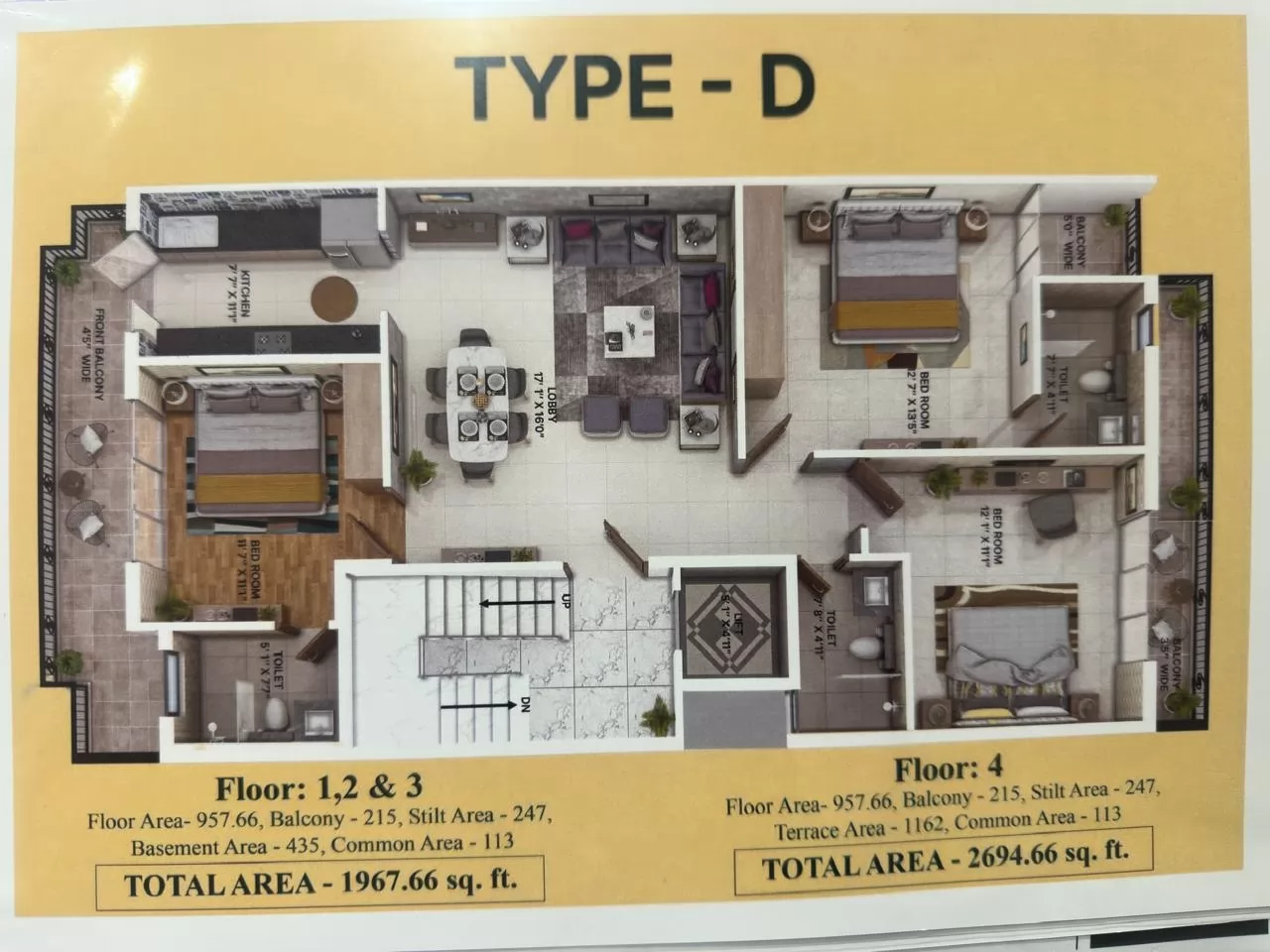What is property mutation and it's importance
Bricksnwall Trusted Experts

Investing in real estate is not only expensive, but
it also usually involves a lot of complicated but necessary documentation. An
important step that must be completed after registration of the property in
question is the change of land, also referred to as a change of ownership in
government documents. Let's take a closer look at property mutations.
What does property mutation mean? The process of
transferring "ownership" to a new property owner is called property
mutation. New property owners are also responsible for paying any required
property taxes due to property tax changes. When an asset is sold or
transferred, the process by which ownership passes from one person to another
is known as 'change of ownership' or in Hindi 'Dakil Khaliji'.
What types of property mutations are there?
Land mutations or property mutations can be divided
into two main categories:
- Non-agricultural
land
- Farmland
Land change: Land change is very important because
it formally transfers land ownership to a new owner. Additionally, once the
land is acquired, the state pays compensation according to the land mutation
document. If the property has just been sold and ownership has not changed, the
new owner will not receive compensation.
However, this does not apply to residential real
estate. If the real estate in question is a single-family apartment, a floor of
a building, a house, or a vacation home, the inability to change the real
estate in question does not negate the ownership rights of the new owner.
City tax, utilities, and water bills will continue
to be billed in the previous owner's name until the new owner receives the
necessary documentation on their behalf. However, it is best to complete the
modification process as soon as possible, as the modification documents will be
required in the event of a future property sale.
What role does the mutation record play?
Changing properties is just as important as registration.
This benefits both the new property owner and the authority. Below are some of
the benefits of mutation records. Authorities can use the mutation records to
charge the rightful owner's property taxes and other duties.
Mutation Records is a great resource if you want to
report fraudulent transactions on your property or correct errors in your land
records.
Potential buyers can request to see the mutation
certificate, facilitating the subsequent sale of recently acquired properties.
For agricultural holdings, a land variation
certificate is required before the land can be sold.
It provides reliable proof of ownership. What if
the property mutation is not completed?
In terms of priority, land registration and stamp
duty payments always take precedence over changes in ownership. Mutations are
often overlooked even if the buyer registers them directly when selling the
property. In addition, real estate buyers are further encouraged by a small
penalty for non-mutations. It must therefore be emphasized that it is advisable
to proceed with the property conversion as soon as possible after the property
sale transaction. In the event of a legal dispute, it will not only support
claims against the property but will also be needed in the event of a
subsequent sale.
It is worth noting that an interested party can
submit another application within 30 days after the first real estate
modification application is rejected.
Latest information on property mutation.
Although mutation certificates are important
documents that prove ownership, they cannot be used in place of or exchanged
with registries. According to the Supreme Court of India, mutation certificates
do not create or confer any property rights. The High Court noted that mutation
certificates do not confer any property rights. Rather, it is only used to
record income and calculate property taxes. According to the Supreme Court,
mutation certificates are used only for financial or administrative purposes.
If there is a discrepancy between a valid will and
a mutation certificate, the aggrieved party must file a complaint with the
court and the matter will be resolved according to law.
The Goa government has increased the cost of property mutations in a recent update. Previous property change fees ranged from Rs 1,000 to Rs 5,000. Regardless of the size of the inheritance, there is a fee of 1,000 rupees for changing the inheritance. However, in other situations, the cost of modifying a property depends on its size. If the area of the property is up to 1,000 square meters, the property tax change is 1,500 rupees. The price for properties between 1,000 and 5,000 square meters is Rs 2,000. Thirdly, if the size of the house is between 5,000 sq ft and 10,000 sq ft, the home renovation cost is Rs 3,500. The final fee is 1000 rupees. 7,500 for homes over 10,000 square feet.




